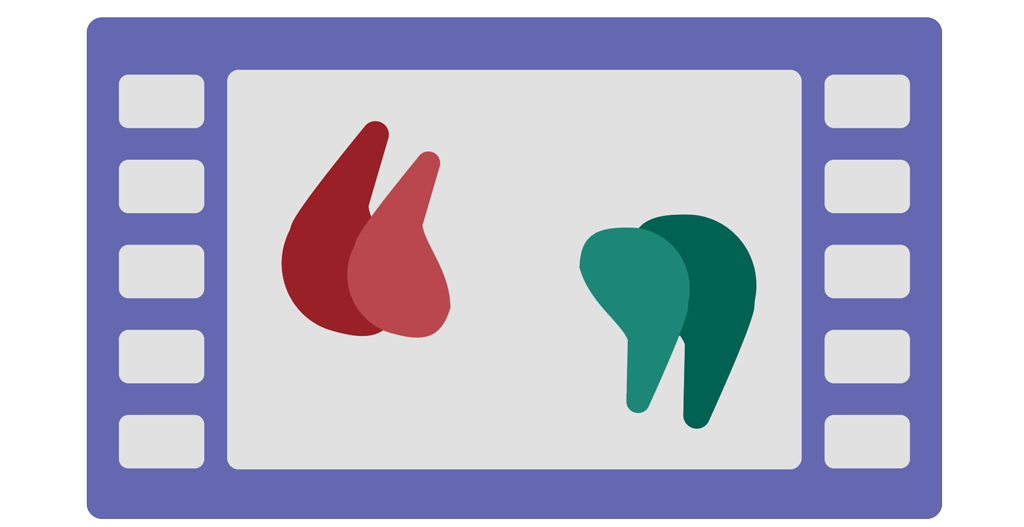Week 6
Mar. 8 – Mar. 12
Last week we had decided to build our first real prototype for playtesting. Our overall guiding theme was music and vintage but modern aesthetics. The concept was to visualize the people in the archive as music albums, each containing 2-3 minute video snippets of a their interviews. There are two parts: a record player view and an album library view.

The two sections were programmed separately the two programmers, which lead to some problems with presenting in the playtesting and client meeting, as they were not connected.
Playtesting
We play-tested with three ETC students. Their feedback was that they liked the responsive animations and overall visuals. However, functions of the buttons and labels were unclear at first, and the visual presentation of 3D space of the second part was overwhelming. They made the connection to Spotify with the music theme and shuffle feature (our intention was to have them make a visual/conceptual connection to something familiar).
Client Meeting
Our client meeting happened soon after the playtests, so the version we showed did not have many changes from the playtesting yet. The client’s feedback was similar to the playtesters. In addition:
- They preferred to have the visuals be consistent with their site branding (colors and fonts).
- They were distracted by small details such as inconsistent use of colors between the two parts, presentation that did not match their branding and trademarks (“Science Makers” vs “ScienceMakers”).
- They wanted the visuals and concept to be just modern, without any reference to retro or vintage aesthetics.
- They liked the 3D space in the second part more, but understood that it would have limitations in the mobile version.
Overall however, the client did like the direction we were going in, so our plan was to iterate on the same basic idea.
Lessons
We learned some important lessons this week. First, was that we needed to be careful with how we presented our work to our client. The small details that would usually be polished at later stages needed to be addressed early on, so we could focus on discussing the important matters.
Second, we needed to significantly speed up our production process, as our designs were being finalized too close to our deadlines, not leaving enough time for the programmers to implement changes and have time to send them to our faculty advisors for review before presenting to the client.
